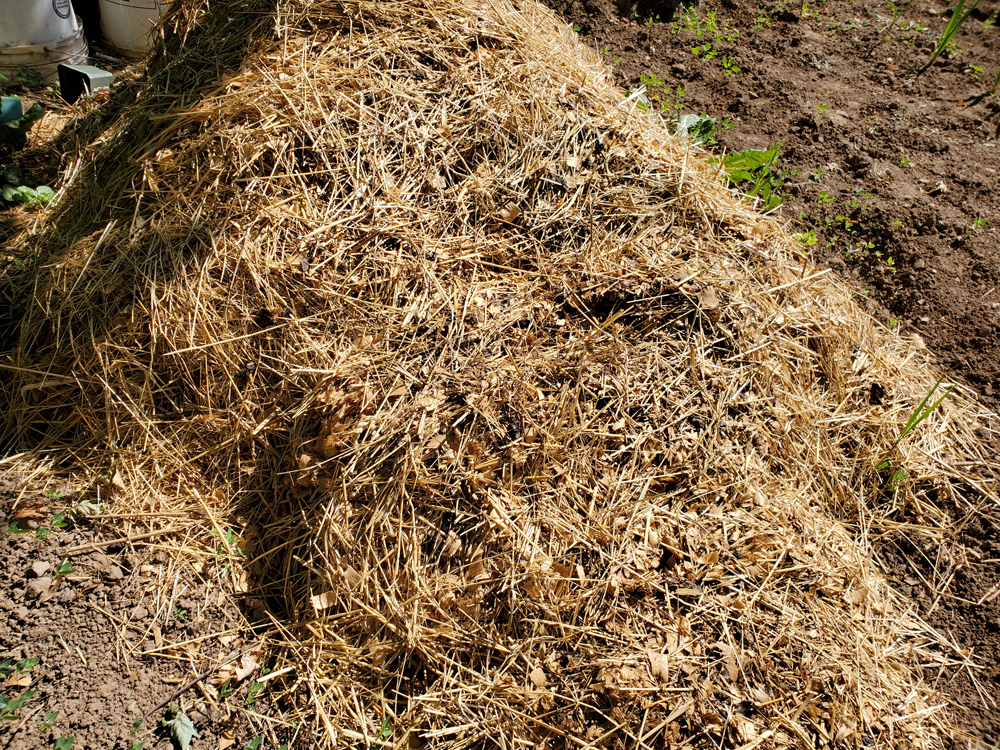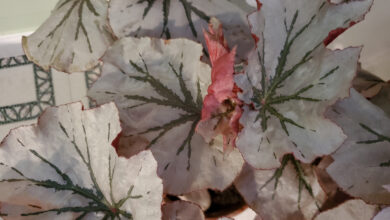Organic matter: Using animal manure in the garden

Organic matter is great for amending and conditioning your garden soil, and animal manure is one way to provide that organic matter. Animal manures and manure-based composts contain important plant nutrients such as Nitrogen (N), Phosphorus (P), and Potassium (K); but there are environmental and food safety concerns you should be aware of before choosing to amend your soil with manure.
University of New Hampshire Cooperative Extension says you may see soil amendments containing manure labeled as “manure,” “aged manure,” “rotted manure,” or “composted.” “Compost” means any mix of organic materials that have been partially decomposed to the point where the nutrient content is stable. “Manure” is waste from livestock (including cattle, horses, or poultry) and is usually mixed with bedding such as sawdust or wood shavings. If manures have not decomposed at all they are referred to as “fresh.” “Aged” manure refers to manures which have decomposed to varying degrees.
Most nutrients in manures and composts behave the same way in the soil as commercial fertilizers; however, according to UNH, nitrogen is the exception. Much of the nitrogen is not immediately available to plants. It becomes available slowly as it is digested by microbes. The availability of nitrogen in manure depends on the ratio of carbon to nitrogen. If the ratio is greater than 30:1, most of the nitrogen is not immediately available to plants. Manures and unfinished composts can contain a high proportion of bedding such as wood shavings or sawdust which have a high C:N ratio. This means that the material will “borrow” nitrogen from the soil as it decomposes.
Manures and manure composts often contain more phosphorus then nitrogen. If you use a lot of manure in your garden, your soil may have high levels of phosphorus. This is not toxic and will not harm plants or people, but it can move into surface waters and lead to harmful algae blooms. If a soil test shows that there are very high levels of phosphorus in your soil, you may want to consider using nutrient sources other than manure.
Animal manures, particularly when they are not composted correctly, can harbor pathogens harmful to humans including E. coli, Salmonella, and Campylobacter bacteria. UNH Cooperative Extension says to ensure that pathogens have been killed, the compost pile must reach a high temperature between 131 degrees F and 140 degrees F for several weeks. Aged manure is not the same as composted manure and it is not safe to assume that pathogens in an aged manure pile have been destroyed.
Here are some tips for safely using manure in your garden. Wait at least 120 days after applying raw or aged manure to harvest crops that grow in or near the soil such as root crops, leafy greens and strawberries. Wait at least 90 days for other crops. Once you have planted your garden, do not use animal manures unless they have been pasteurized or actively composted. Do not use dog, cat, or pig manure in your compost pile or garden. These are more likely to contain parasites that infect humans than other manures. Wash produce before eating. People especially susceptible to food borne illnesses, such as pregnant women, very young children, and those with chronic diseases, should avoid eating uncooked vegetables from manured gardens.







